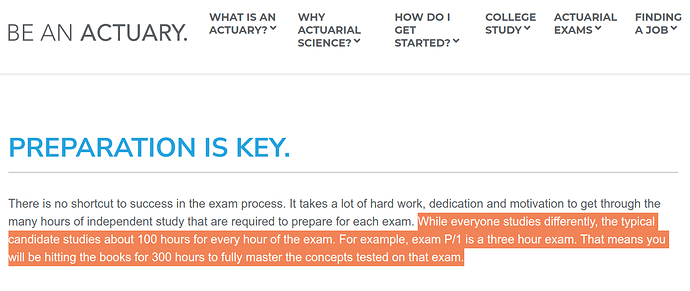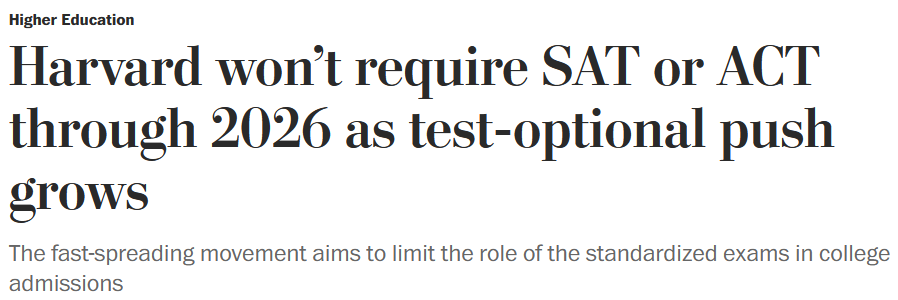Yes, I think that’s right. You generally have econ/math majors or finance undergrad plus a masters in something. In accounting, it’s a little more common to have undergrad accounting only.
Coincidentally ran into another example where the education, automobile, and uniform-distribution-being-the-dead-giveaway-that-this-is-fake streams all crossed. There’s significant background here and I’d definitely recommend watching the whole video, but the part I’m specifically talking about starts at 10:00:
First, it is visually and statistically ( p =.84) indistinguishable from a uniform distribution ranging from 0 miles to 50,000 miles [5]. Think about what that means. Between Time 1 and Time 2, just as many people drove 40,000 miles as drove 20,000 as drove 10,000 as drove 1,000 as drove 500 miles, etc. [6]. This is not what real data look like, and we can’t think of a plausible benign explanation for it.
I’m an actuary and my job is 90% behavioral economics.
Life insurance is definitely not solved. Nobody knows, for example, how much mortality rates will change in the next 5 years. And we’re writing books of business that are exposed to mortality rates for the next 40 years.
There is also a lot of interesting work in investments because interest rates are so low. When you need to chase yield you get lots of interesting projects about whether higher yielding investments actually increase or decrease risk.
Anyway, the profession is alive and well. We just do less work actually counting dead people and more work evaluating risks. Which is actually the fun stuff.
Field being “alive and well” isn’t the sense I get from reading posts on AP and other places, but those people probably have a different vantage point. By that, I don’t mean that high-paying jobs and careers are disappearing, but rather that it sounds like a huge rat race for candidates trying to break into entry level work. Like I noted upthread, I had a standing job offer from a major USA#1 health insurer with one exam passed and a 10-minute phone interview not even 15 years ago. The pay was substantially lower than every other job I interviewed for.
Now people on forums are suggesting 2 exams minimum but probably 3+ to actually be competitive, and maybe with some other resume builder like an internship. Does that sound accurate to you? If so, the line for breaking into the field has shifted dramatically in just over a decade. I dunno, doesn’t sound like something I recommend undergraduates to pursue at the moment?
Yes. But I don’t think this is especially a characteristic of the actuarial profession. Its harder to get good entry level jobs in several (most? all?) professions.
I would advise young folks entering the actuarial field to get data analytics skills. One exam plus data analytics capabilities will get you a job.
Right, everything is hyper-competitive now, and I suppose it’s (largely) due to increased competition from foreign applicants. Following from the previous discussion in here, I’d guess that job market competitiveness for coveted STEM jobs correlates fairly well with the meteoric rise of college entrance exam takes by foreign applicants in the past two decades. I’m sure there are other factors, but it doesn’t take that many additional qualified applicants to throw these labor markets out of whack.
So while that phenomenon isn’t unique to actuarial work, the grueling level-up nature of the career itself coupled with the increased competition seems like a brutal combination. I can’t imagine being an undergrad right now with the potential / ability to take this path and thinking it’s some kind of amazing fist pump compared to, say, what that same person could probably achieve with similar effort and commitment in compsci or medicine.
This is a lifestyle question. A person who wants a job like actuary (technical, risk driven, abstract work with data) will not want to be a doctor. Compsci is an option, but data analytics is closer (and can be powerfully combined with actuarial science).
I don’t think there’s an obvious better/worse dynamic. It’s all about working on what you’re good at and what you care about.
Grad students at my university went on strike last week and have asked instructors to not teach on campus. So I’m working 100% online again!
By “medicine” I meant quant jobs in the field like statistician at a pharma company. We had some people who went that route as well as some into data science who had compsci background, but given that our department was mostly biostats-focused, we seemed to land more people in medical fields. From my graduating class and the one before me, I want to say that only a couple out of ~40 took an actuarial job. I think it was viewed more as a thing for undergrads since the starting pay was significantly lower and it seemed like a huge grind.
Maybe. I could see myself enjoying either of those careers.
I’m definitely with Lawnmower_Man’s main point. It just seems that for the amount of intelligence required. Actuary doesn’t pay as much as other things that someone smart enough to be an actuary could do (admittedly, they may not enjoy them as much).
This has always been the case. Leaving university I had the option to do things like investment banking or portfolio management, but chose actuary because the combo of pay level and lifestyle was a clear winner.
One thing I’m noticing - when I was graduating and looking for a career 20 years ago, when I Googled “best jobs” I got several articles that ranked jobs by an aggregate of pay and work/life balance. Interestingly when I do the same kind of searching now I get a bunch of lists of the highest paying jobs.
I wanna say that actuary topping the best jobs lists was a thing for quite a long time? I distinctly remember hearing or reading it multiple times as a news blurb when I was in college, yet when I investigated it didn’t seem to add up. For starters, the pay being high couldn’t possibly refer to entry-level positions since it was under $50k at the time. That left me wondering if they were talking about the much higher pay at associate/fellow levels or if people really thought that $50k was a high salary for STEM grads who can math. I assumed that it must be the former because the latter hadn’t been true for at least 50 years. So moving on, the part about the great lifestyle didn’t seem to square when I learned I’d need to pass 7 to 10 difficult exams to hit those salary targets. Here’s what the “official” site says about that:
Now, I’m not saying that actuarial work is a bad job or anything, just that the part I highlighted does not sound like happy fun times until you actually make it, and I’m assuming that most people who start down this path are NGMI and that the conversion rates into associate and fellow are (a) low and (b) even lower, respectively.
I appreciate that there are problems with standardized tests, but man this seems like a bad idea.
https://www.washingtonpost.com/education/2021/12/16/harvard-test-optional-college-admissions/
Their application really just has to say “how much money will your parents give us”?
With 98% of their admits being legacies or rich foreigners, the SAT and ACT are basically already an anachronism for them.
Yeah. Bad seems like an understatement.
I haven’t gotten around to reading the article yet, but I’m at least a little bit encouraged by the “optional” part. Perhaps you don’t technically have to take it for your application to be considered complete, but if you do take it and crush it, it would help a lot. That would be less bad.
It’s been a long time, but I applied to a few Canadian schools for undergrad, and I definitely sent my SAT score in. I also think the grad schools there want standardized test scores, but I’m sure you know for sure.
I don’t disbelieve you.
My point was that if it’s one of those not-technically-a-requirement-but-really-fucking-helps kind of things, then the fact that it isn’t a requirement is not informative.
It sounds like you’re saying that’s not how it works in Canada. I’m not convinced that’s a good thing.
I can never tell how serious these kinds of posts are. Obviously this happens a lot, but these places need to have a certain critical mass of smart students or the brand suffers. I guess I’m mostly thinking of STEM stuff. I guess non-STEM is easier to fake it.
How many not really smart people do you know who went to MIT? I guess I knew one borderline one. They were admitted, but went elsewhere. Also absolutely didn’t get in due to legacy/donation/etc.
Yeah, I didn’t quite get that is what you meant. I still think some standardized test helps sort through the pile faster. Even if it’s a smaller pile than say UT-Austin.


